What To Do About Retaliation In A Whistleblower Case?
POSTED ON December 11, 2022
We usually associate “whistleblowing” with high-profile cases that expose government corruption of some kind. However, according to a whistleblower lawyer at Eric Siegel Law, whistleblowing can come in many forms and involve an employee exposing their workplace to engage in activities like embezzlement, healthcare fraud, or misusing funds. There are different reasons why an employee might decide to “whistleblow.” Regardless of the reasons, employees or other individuals often fear retaliation. We’ll explore actions to take when facing retaliation.
- Keep Any and All Evidence
When facing retaliation, be sure to keep a record of any possible evidence. Evidence of retaliation often includes threatening text messages, voice recordings, emails, physical notes, and more. Whether these threats come from an identified source or not, keep a record of them. You may also experience more subtle retaliation, like employees or other people in the workplace treating you differently. While a supervisor giving you the “stink eye” won’t be the final nail in the coffin, it can help you build your testimony.
- Write Down Your Account and Update It Regularly
From writing down when you first witnessed your workplace engaging in unlawful behavior to how you were treated after “whistleblowing,” be sure to update your personal account regularly. You may even get testimonies from other employees that witness similar behavior, but you sure never pressure another employee to join you and your case.
- Know Your Legal Rights
Retaliation against employees whistleblowing is against the law, but that doesn’t always stop this retaliation from occurring. However, knowing your legal rights can help you defend yourself if you experience retaliation of any kind. While you should never become confrontational, knowing specific laws like the Anti-Money Laundering Whistleblower Protection Law, the Food Safety Modernization Act (FSMA), the Whistleblower Protection Act, and more can give you confidence that you’re doing the right thing. Of course, you don’t need to know every single legal decree—that’s where your attorney enters the picture.
- Speak With a Manager or Human Resources
Most companies or organizations with some kind of corruption generally aren’t corrupt from top to bottom, especially when an organization is very big. However, you can try talking with a manager or human resources if you face retaliation. Whether they personally agree with you exposing a company’s actions or not, they’ll be legally bound to take action to stop the retaliation from happening.
- Get In Touch With an Attorney
One of the best pieces of advice often given is for whistleblowers to “lawyer up.” If possible, you should speak with an attorney when you consider exposing a company or organization’s secrets. An attorney can help guide you through the entire process, including gathering evidence, building your case, and protecting you against retaliation. There’s no denying how nerve-wracking exposing an organization’s corruption can be, especially in an area like Washington, DC. However, help is possible when you work with a lawyer.
Your property. Your rights. Our fight.
